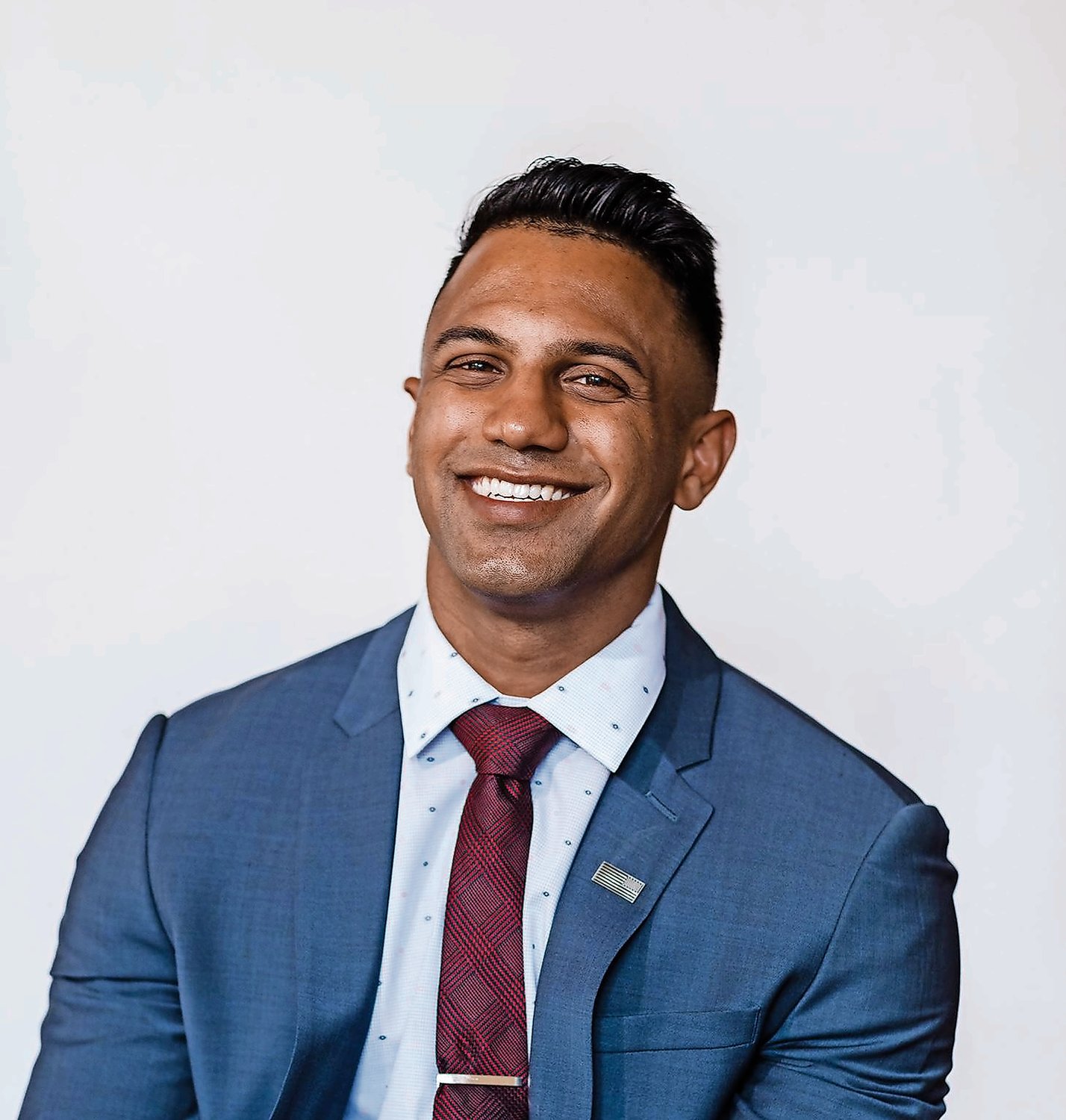A sit-down interview with Shaniyat Chowdhury
The Herald recently caught up with Shaniyat Chowdhury to discuss his future plans, following his failed bid to unseat 12-term incumbent Rep. Gregory Meeks in the 5th Congressional District Democratic primary.
Herald: What went through your mind when you found out you lost?
My initial response was anger, just because our team worked so hard. Even with the pandemic, we were doing so much with such little money. We got a lot of grassroots support from new folks, but it was difficult for us to really get out there and have the people get to know us due to the pandemic. But we also saw a huge increase in turnout this year, too. It was a weird feeling, but ultimately we know that there’s a lot to be done and we’re determined to get it done.
Herald: How did your childhood and upbringing contribute to the path you’re on today?
My childhood was pretty unique. Coming from a Bangladeshi immigrant family, we experienced insecurity with housing because we couldn’t always afford to continue living in one neighborhood. And growing up in communities of color, I really got to understand the reality of marginalization that Black and brown people face in this country. Not much has changed from my childhood to now. And we always talk about the experiences of others, especially in a political context, but I think we should revisit and change that because we have politicians who are in office for so long that they do not understand what it’s like for working class people.
My childhood gave me empathy and pushed me to fight not just for my own family but my neighbors too. Whether it’s here in Jamaica, Queens or out there in Flint, Michigan, there’s always this universal bond in fighting against these unjust systems built on exploitation, not just in the U.S., but also in many other countries in the world. I want to fight for justice. That’s the kind of fight I want to be a part of.
Herald: What hopes do you have for the future?
I’m an organizer at heart — I think the ones who accomplish mission-driven goals and implements real change are the activists. If it wasn’t for riots and protests, we wouldn’t have the civil rights we do today, and without the Black Lives Matter movement, we wouldn’t see the greater accountability we’re holding our justice system to. It’s good to be able to channel my energy into supporting these people. I’m going to keep working with think tanks, whether in D.C. or Albany, to push for change. Additionally, I’m doing internal work from the ground, like establishing a community bank here in South Queens to ensure that working people have access to the right financial means to create more jobs and small businesses. It’s about building that sustainability.
I promise you one thing. I’m not going to be one of those candidates who runs for office and then disappears. It means a lot to me and to a lot of working-class people to come together and fight when we’ve been ignored for so long. A lot of people like us are struggling to find their voice and overcome obstacles. I’m not going away. I’m going to continue to fight. And I’m excited about the next couple years, we’re going to continue to organize and mobilize to ensure that legislation.
You're the only congressional candidate in American history to have ever recognized and condemned the genocide of Tamils in Sri Lanka. Could you speak on that?
We, Bangladeshis, were privileged and honored enough to have our own sovereign nation. Bangladesh won its independence in the early 1970s, and in a lot of ways are still trying to fight for democracy. We had that opportunity, but that was at the cost of a genocide that nobody talks about.
We’ve seen a lot of genocides like the one in Sri Lanka, and in order to find progressive solutions we need to acknowledge pre-existing conditions. And we’re seeing a lot of Tamil activists, both here in New York and everywhere else too, fighting for what’s right. We need people to acknowledge that human rights are being violated in places like Yemen, Syria and Palestine. When any government oppresses those human rights, we have an obligation as human beings to advocate for one another. We need to start having conversations about the things that aren’t spoken about.
Is there anything else you would like our readers to know?
I promise you one thing — I’m not going to be one of those candidates who runs for office and then disappears. It means a lot to me, and to a lot of working-class people to come together and fight. A lot of people like us are struggling to find their voice and overcome obstacles.
I’m not going away. I’m going to continue to fight. And I’m excited about the next couple years. We’re going to continue to organize and mobilize to ensure that legislation is for everyone, not just the elite.






